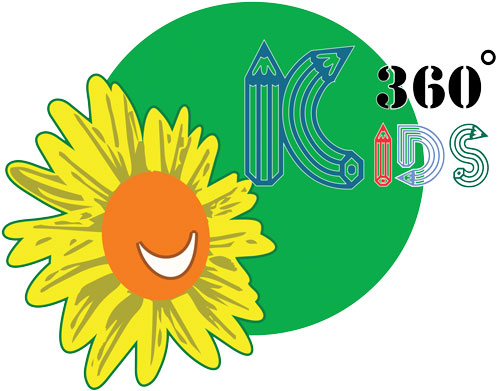When planning for effective learning experiences in mathematics, teachers include a balance of the following elements: activating prior knowledge, engaging in the mathematics, reflecting on the process, and celebrating children’s learning. Teachers begin a learning experience by encouraging children to use their prior knowledge to solve a problem. By observing how the children proceed, teachers gain insight into what the children already know, and can plan further learning experiences to ensure that the children will have the necessary tools to develop an understanding of the concept being investigated. For Kindergarten children, these learning experiences may include reading a story or poem that explores a mathematical concept, asking questions, engaging in problem solving as a group, or dramatizing a number poem or story.
For Play School children, learning experiences should be hands-on and embedded in a context that is of interest to the children. Children need to be able to explore and investigate materials and concepts in concrete ways. Individual learning is supported and extended by both the teacher and peers. Children are encouraged to reason, investigate ideas, extend understanding, reflect, and make generalizations. They are also encouraged to begin to represent their mathematical understandings in ways that are meaningful to them. Some children may begin to represent their thinking on paper, often using pictures and/or numbers and some words; others may use concrete materials. Generic worksheets, however, is used with caution; they are rarely effective because their focus is narrow and they provide only limited assessment information on the children’s level of understanding.
Activities are open-ended so that the children can demonstrate their understanding of a concept in a variety of ways. Some children, for example, demonstrate their understanding of the concept of the pattern by creating a pattern, but they may not be able to explain the pattern. Some children may sort the zoo animals according to type, but may need the teacher’s guidance to articulate their sorting rule; others may be able to sort in multiple ways and explain their reasoning. In all cases, however, children need to be engaged in doing mathematics, talking about it, listening to others talk, and showing their results and solutions.
Young children have the curiosity and the capability to engage in mathematical thinking and learning. Reflecting on their experiences enables children to consolidate learning. Children need to experience mathematics concepts in depth through revisiting and repeating investigations over a long period of time. This repetition also allows teachers an opportunity to identify gaps in children’s learning and provide additional support. Teachers help children develop and consolidate their understanding through talking, sharing approaches, and celebrating successes, and by encouraging children to demonstrate, describe, and explain, as well as to make connections and identify relationships.
Teachers create an effective environment to support young children’s learning of mathematics by planning daily hands-on experiences that focus on a particular mathematical concept and by identifying and embedding significant mathematics learning experiences in play, daily routines, and classroom experiences.

